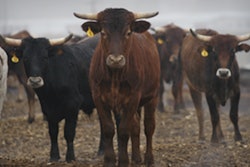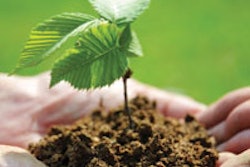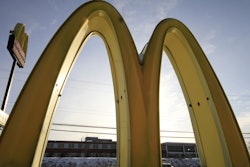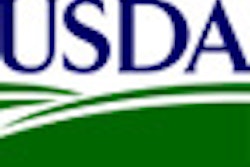The recent announcement by McDonald's that it will start seeking "verified sustainable beef" for its global operations in 2016 has raises many questions throughout the global beef industry, but few answers. As this article from Australia's North Queensland Register points out, whatever system the fast food giant uses to define beef's sustainability, and to verify it, is likely to be a platform that other global companies will stand on.
But the problem that insiders and industry followers say still exists is that there is no clear definition of what sustainability - in all its forms - actually means; nor how to fairly translate those definitions to the world's multifarious beef production systems, or and how to verify "sustainability" to consumer satisfaction.
The initial task of defining sustainability for beef production has fallen to the Global Roundtable for Sustainable Beef (GRSB), which has released draft definitions among its global membership for comment. Once the definitions of sustainability have been established, the even more difficult part begins: developing ways of verifying sustainability across beef production systems from Tasmania to the Kimberley, from Brazil to India.
An exhaustive look by GreenBiz.com at the global corporate desire for beef sustainability systems focused on two elements of unsustainability: rainforest destruction and the energy-intensive grain-fed beef production systems of North America.
But Australia is not without its beef sustainability challenges, as Paul Birch, chief executive of the Fitzroy Basin Association in Queensland, well knows. The Fitzroy Basin turns off more beef than any other area of Australia, but all of its 142,665 square kilometres drain into one river, the Fitzroy, which empties into the Great Barrier Reef lagoon.
As Australians look at Amazon deforestation as an environmental disaster, other nations also regard damage to the Reef from sediment runoff as an issue that needs addressing. But Birch, who represents the Association on the Global Roundtable for Sustainable Beef, is optimistic that even this contested region can meet sustainability criteria.
"Everything is an opportunity," Mr Birch said, "and the drive for sustainability is an opportunity to learn and get better at what we do."
To read more, click HERE.

















